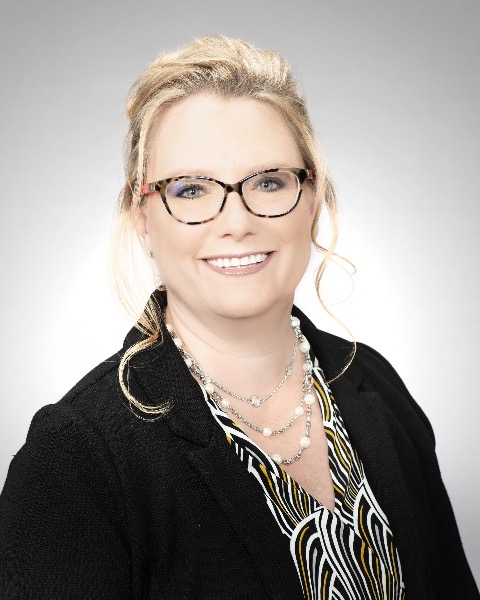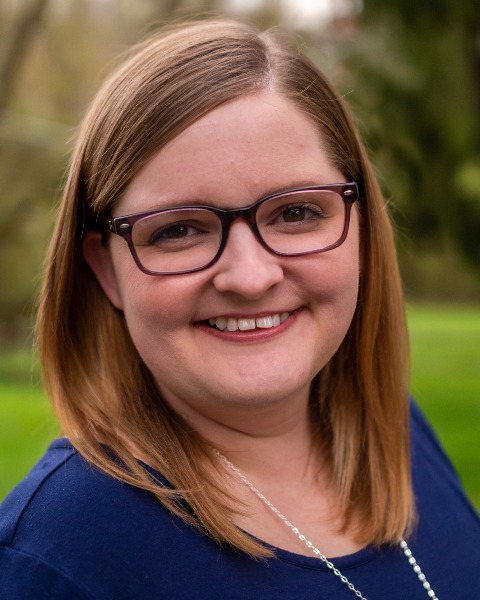Exploring the Intersection Between Palliative Care and Critical Illness Survivorship
-

Tammy Eaton, PhD, RN
Postdoctoral Research Fellow; CRNP
University of Michigan
Ann Arbor, MIDisclosure information not submitted.
-

Anna Lewis, MSW, LCSW
Licensed Clinical Social Worker
UPMC Mercy
Pittsburgh, Pennsylvania, United StatesDisclosure information not submitted.
-

Sheila Alexander, BSN, PhD, RN, FCCM
Associate Professor of Nursing and Critical Care Medicine
University of Pittsburgh
Mc Kees Rocks, PennsylvaniaDisclosure information not submitted.
-
JS
Jennifer Seaman, PhD, RN
Assistant Professor of Nursing
University of Pittsburgh, School of Nursing, United StatesDisclosure information not submitted.
-
LS
Leslie Scheunemann, MD
Assistant Professor of Medicine
UPMC Presbyterian, United StatesDisclosure information not submitted.
First Author(s)
Co-Author(s)
Title: Exploring the Intersection between Palliative Care and Critical Illness Survivorship
Introduction: A rapidly expanding volume of critical care literature has emerged to address issues faced by critical illness survivors including: survival, quality of life, morbidity, functional status, joblessness, and costs of care. However, surviving critical illness goes beyond recovery and longer-term outcomes; it embodies an enduring, dynamic process of transitioning from critical illness to survivorship which involves physical, psychological, and social transitions and adaptations. Given the substantial impairment seen, critical illness survivors possess care needs that are clearly within the scope of palliative care, however the role of palliative care has yet to be clearly defined in critical illness survivors.
Methods: This was a single-site study with a diverse group of 17 critical illness survivors previously attending the Critical Illness Recovery Center (CIRC) at UPMC Mercy. We explored ongoing and unresolved critical illness survivor concerns using qualitative inquiry and framework analysis to emphasize primary palliative care assessment components.
Results: Important themes in these interviews highlighted persistent symptom burden (unresolved physical, psychological, and cognitive symptoms), patient-centered goals for care (life-altering experience, quality of life, influence of critical illness on changing healthcare wishes, lack of awareness about advance directives and advance care planning), spiritual change and significance (ongoing/unmet spiritual needs, search for spiritual meaning/finding spiritual purpose, Identifying/applying spirituality to experience), understanding and interpreting illness (validation of experience, provision of hope, expectation management, acknowledgment of ongoing dysfunction), and a list of multifaceted social needs (lack of empathy for survivor experience, becoming a burden, stressed relationships, employment concerns, changing roles, healthcare/financial concerns).
Conclusion: In this single-site study, critical illness survivors 13 to 33 months from their intensive care unit (ICU) experience described ongoing holistic care needs, which may be well managed by applying a primary palliative care approach to address these unresolved and wide-ranging concerns.
